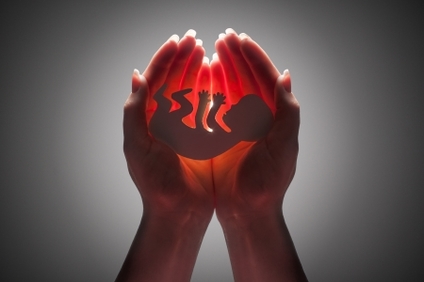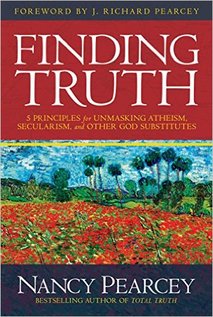1. Voting publicly recognizes that we submit to the authority of the political system in our nation as established by God. (Romans 13:1-7)
2. Voting recognizes the equality of all people and their right to speak and be heard. (Deuteronomy 10:17-19)
3. It is one way that we can obey God's command to seek the good of those around us and our nation as a whole. (Jeremiah 29:5-6)
4. It shows that we care deeply about who our leaders are as we are urged to offer prayer and intercession on their behalf. (1 Timothy 2:1,2)
5. It is a simple yet significant way we can do something about politics in our nation. "All that is required for evil to prevail is for good men to do nothing," Edmund Burke. (Psalms 34:14)
6. It makes a difference the way a grain of salt makes a difference, and that is how we are to influence our society for good. (Matthew 5:13)
7. It is a privilege not to be taken for granted. Those of us who reap the benefits of living in a democracy should play a part in upholding democracy.
8. Not voting is a form of voting, as it will influence the outcome. We need to take responsibility for our actions, as well as our lack of actions. (Luke 10:25-37)
9. Voting has biblical precedence, for example Acts 14:23 describes that the early Christians elected elders by voting.
10. Voting is part of our stewardship to use all the resources we have been given in ways that honor God; to waste a vote is to squander a gift.


















 RSS Feed
RSS Feed
